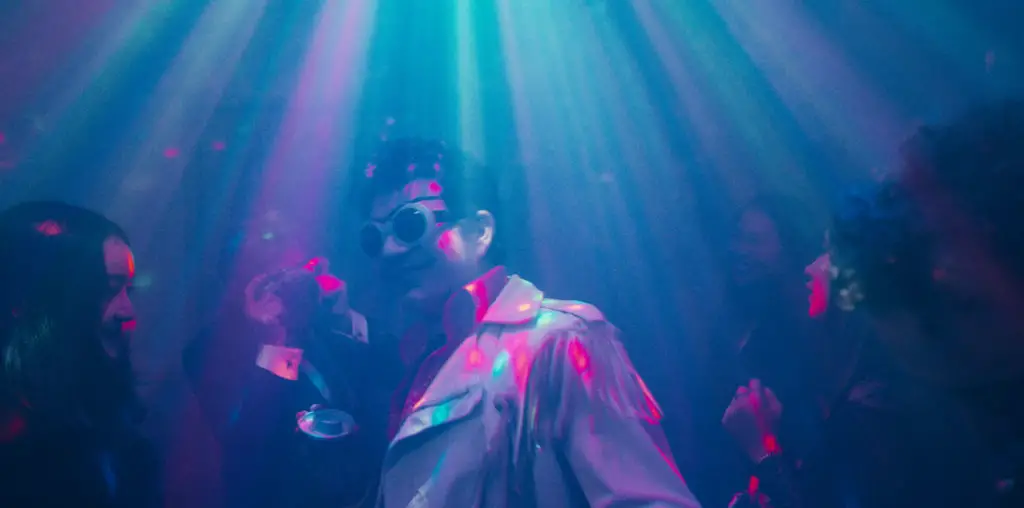
MAJOR SPOILERS AHEAD!
I think it’s finally time to call a moratorium on American remakes of Japanese horror films.
Not that there aren’t good ones out there. The Westernized Ring was widely praised, and even our version of The Grudge, which was shot in Japan with Americans in the key roles, didn’t totally disappoint. With a cast featuring one Oscar winner (Jennifer Connelly) and a bunch of Oscar nominees (John C. Reilly, Pete Postlethwaite, and Tim Roth), plus the director of Central Station and The Motorcycle Diaries (Walter Salles), there were plenty of reasons to think “Dark Water,” a remake of the Hideo Nakata original, would be better than your run of the mill do-over. At the very least, it wouldn’t be any worse.
Hold that thought.
All the core elements of the J-horror story are here: ghosts (please, I’m not spoiling anything…yet); hair in the pipes; weird stuff seen on video (in this case, a camera in an elevator); and water. Lots and lots of water. Not only do the recently separated Dahlia (Connelly) and her daughter Ceci (Ariel Gade) move to a leaky apartment – on an island – but the entire movie takes place in what appears to be a dystopic “Blade Runner”-esque alternate reality where it rains. All. The. Time. This is clearly meant to increase the possibly unhinged Dahlia’s sense of isolation and discomfort at the same time it heightens the audience’s dread, and to an extent it does. The problem with such a tactic is that there should be some kind of payoff at the end. What we get instead is another retread of similar endings from similar movies.
Anyway, mother and daughter move into this apartment complex straight out of the Gulag Archipelago (Mr. Murphy, the landlord, refers to the architectural style as “brutalist”), in spite of the aforementioned leakiness, a spooky encounter in the elevator, and Ceci getting onto the building’s roof, courtesy of a conveniently unlocked door. While up there, she comes across an abandoned Hello Kitty backpack…under the building’s water tower. Could it possibly be related to the omnipresent seepage and the appearance of Ceci’s new “imaginary friend?”
To Salles’ credit, he strings us along for a short while with the possibility that maybe the answer isn’t as obvious as it appears, that perhaps Dahlia – who has issues stemming from being abandoned by her mother and suffers from frequent migraines – might be imagining everything. It wouldn’t have been original, but at least we’d be spared yet another “vengeful ghost” story.
Alas, this isn’t the case. When the living situation becomes unacceptable, following the discovery of – surprise – a little girl’s body in the water tower. Dahlia finally decides to move. Rather than find a hotel for those last few nights, however, she elects to stay in her dank pad, allowing the vengeful little girl’s ghost to make her move. And in what is one of the most insulting endings of all time, Dahlia decides that the best way to spare Ceci’s life is to sacrifice herself so she can become the ghost girl’s mother. That’s right, the woman with severe mental trauma resulting from her mommy bailing on her voluntarily snuffs it, abandoning her own daughter and allowing the same sad cycle to continue. Who knows? Maybe in 30 years we’ll get “Dark Water 2,” featuring a comparably screwed up Ceci.
“Dark Water” isn’t a bad horror movie, simply because it isn’t horror at all: a full hour passes before anything remotely scary occurs, and all the suspenseful scenes take place in the final ten minutes (and are all fully shown in the trailer). What’s left is tedium and a seemingly endless build-up to nothing much at all, making it a bad movie. Period.
And besides that, I had to go to the bathroom the whole time.
Disagree with this review? Think you can write a better one? Go right ahead in Film Threat’s BACK TALK section! Click here>>>

